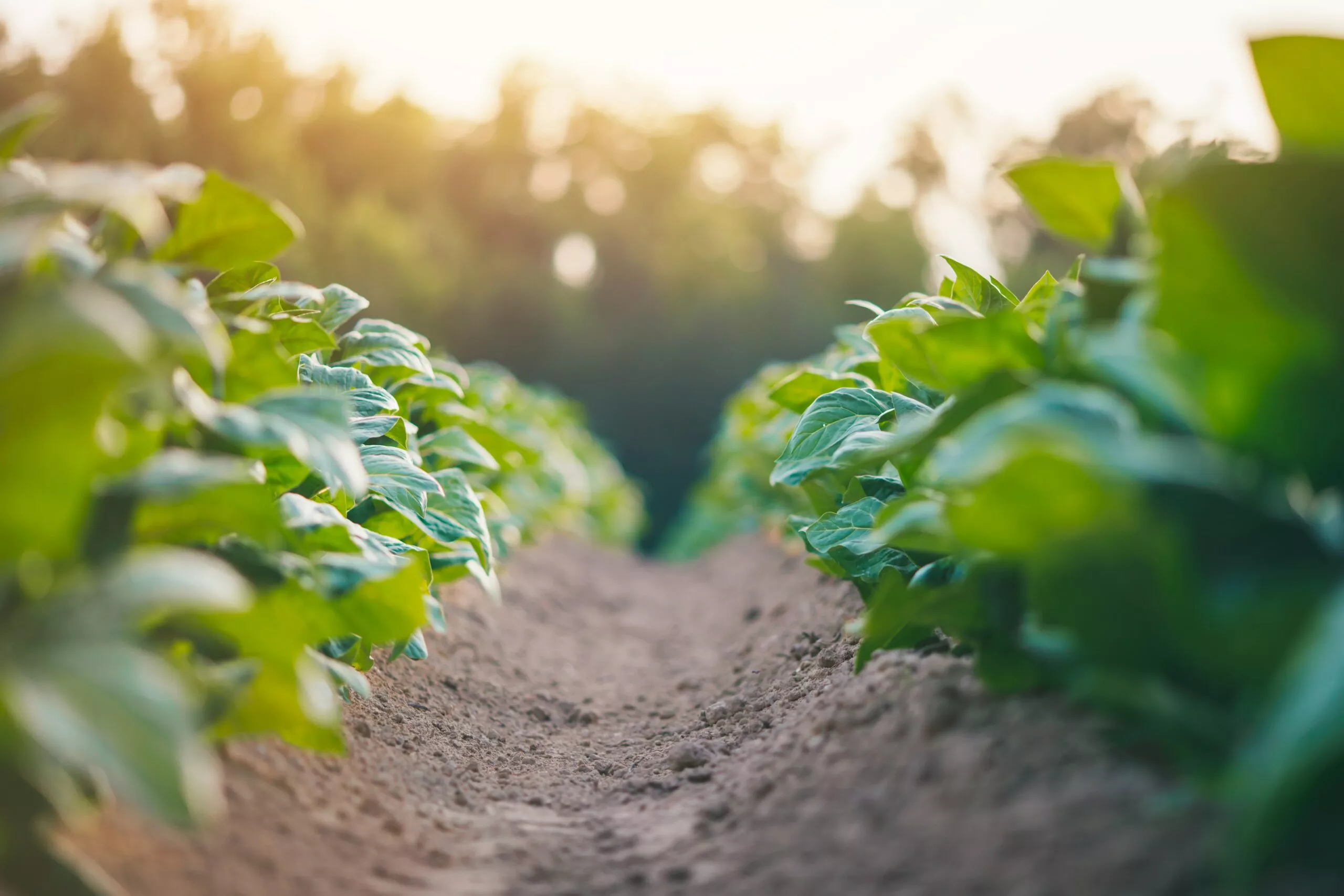Vicki Hird, Head of Sustainable Farming at Sustain, shares what really happened in farm policy in September 2022.
Kwasi Kwarteng’s ‘mini-budget’ and wider announcements in September set huge alarm bells ringing in the farming and environment sectors. These were fuelled by rumours that Defra was considering a return to old-style farm subsidies, paid per hectare occupied, while ditching the new and revolutionary Environmental Land Management (ELM) schemes for England – schemes that have been 5 years in development.
A review of ELM
The suggestion of a rapid Defra review of farm schemes “given the pressures on farmers, and the government’s aims of boosting food security and economic growth“, led to a wave of social media indignation and arguments between farming and conservation interests.
Many are concerned at any suggestion that the new ‘public money for public goods’ approach to farming will be ditched. It’s supported by many farmers, but they too are concerned ELM doesn’t stack up financially. This concern is wrapped up with wider worries around the Government’s approach to trade policy, with farmers looking down the barrel of a gun. Defra have provided some, albeit vague so far, assurances that this is not the case and that ELM is still on track, but we will see.
A broken food system
But it is fair to say farmer concerns about incomes and ELM not being financially viable are very real. Removing income support, the old CAP style Basic Payment Scheme (BPS), whilst not having ELMs and wider support schemes in place is a disaster for the majority. They have relied on these old subsidies to make up what the market does not pay for, and with input costs rising dramatically, it’s dark times ahead.
Don’t pause ELMs but do reflect
ELM is far from perfect. It has problems. It’s complex, has taken ages to get off the ground, pays too little, is unviable for most smaller farms, silos out specific ‘assets’ of a farm, and is not accessible in a useful way for many farmers and growers. It also does not have enough ambition or budget to match the scale of need on our depleted lands and environment. And of course, it also can’t fix the broken food system – where too little value reaches the farm – on its own. We need many other measures for that.
But if ELM is lost or shrunken to allow the budget to pay for old subsidies, then things will be so much worse. We need ELM to continue, to get more ambitious, plug the gaps, and really get ALL farmers on an agroecological transition. Our nutritional food security depends on protecting the resources we need to produce it. As Cambridgeshire farmer and UK Chair of the Nature Friendly Farming Network, Martin Lines, puts it, any delay to ELM schemes would deny farmers crucial support to adapt to a changing climate: “If the government is stalling ELMS, it is failing any duty of leadership in maintaining momentum and building resilience“.
Whole food system change needed
But any review really needs to look beyond ELM, as that’s where many problems lie. We need stronger retailer and supply chain regulations (including not ditching the Groceries Code Adjudicator) and new, better routes to market so farmers have a choice of who to sell to. We also need emergency support to help farmers struggling with specific inflationary pressures during these particularly difficult times.
So, what do we do?
You can take action by telling your MP how you feel about all this. Defra needs to continue with ELM, and work to make it more ambitious and available faster while fixing the rest of the food system too. Some Sustain members have e-actions to help you contact your MP (e.g. RSPB, Wildlife Trusts). And support good farmers and traders when you can.
Read Vicki’s full response to proposed farm policy changes here.

